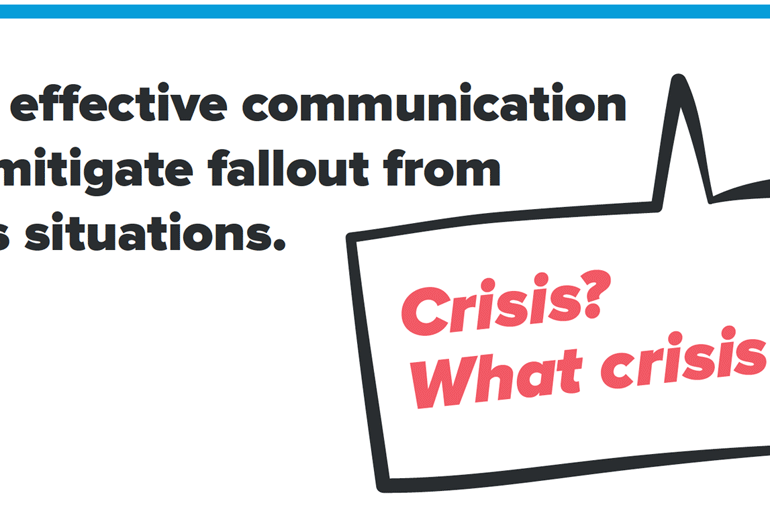Let’s start with a question. What exactly do we mean when we say ‘crisis’? The Oxford English Dictionary defines it in two main ways, either ‘a time of intense difficulty or danger’ or ‘a time when an important or difficult decision must be made’. Stemming from the Greek ‘krisis’ or ‘decision’, it’s as much about how we react to an event as the event itself. Which brings us to the main problem with the definition – people. There is no ‘one-size-fits-all’ way in which we deal with the world around us, but we can be better prepared for the unexpected.
In this whitepaper, we’re going to look at how people react to different kinds of events, some trivial, some world-changing, and examine the real cost – emotional, psychological, and financial – of not being prepared for the bumps in the road.
We’ll examine what can we do to cope with crises and question whether communication and technological solutions such as incident management tools might hold the answer to preparing for the unexpected. Because the cost – both immediate and long-term – of doing nothing might be more than you’d imagine.




